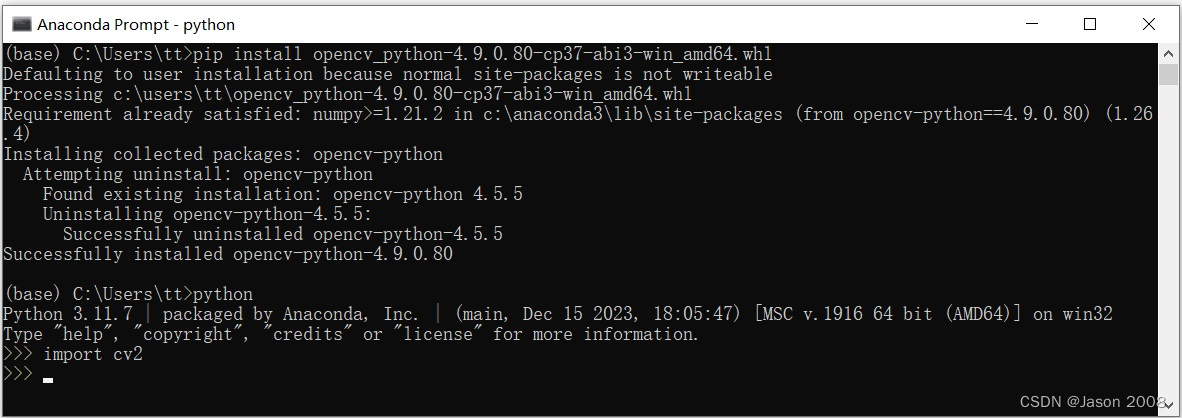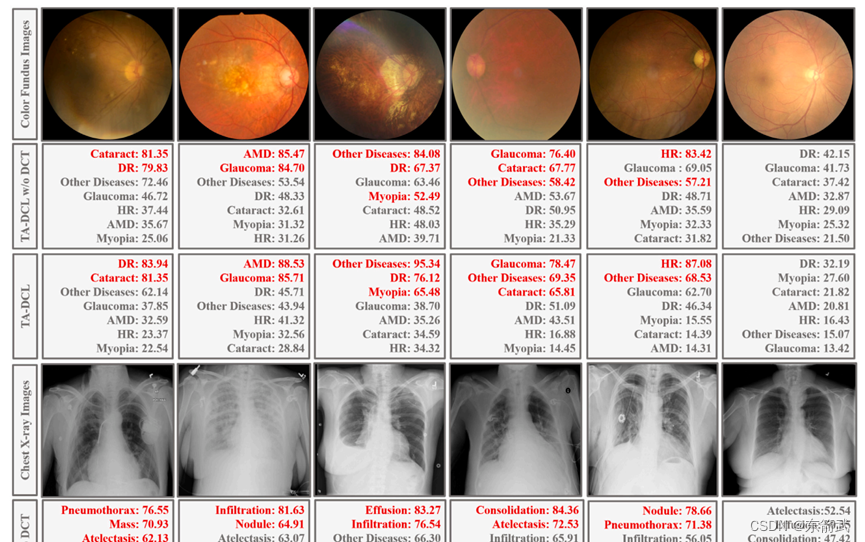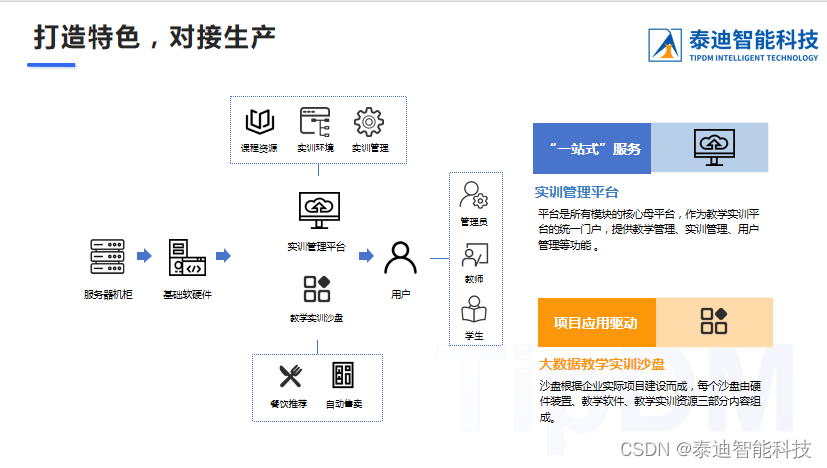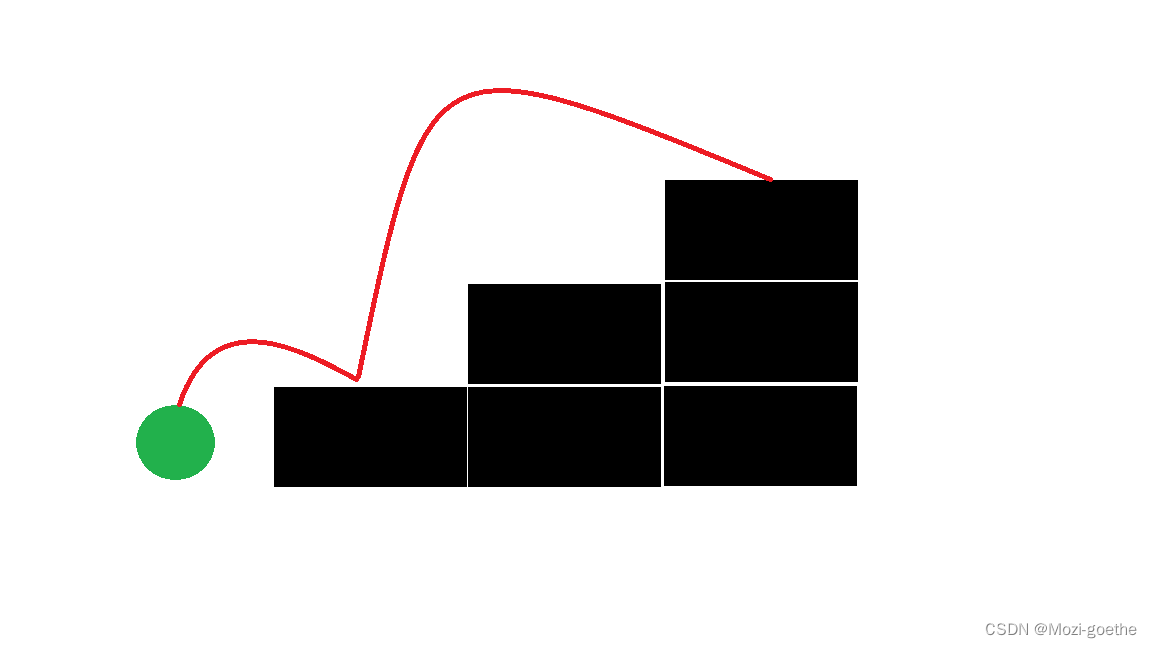一、USB简介
USB有USB1.0/1.1/2.0/3.0多个版本,标准USB由4根线组成,VCC,GND,D+,D-,其中D+和D-是数据线,采用差分传输。
在USB主机上,D-和D+都是接了15K的电阻到地,所以在没有设备接入的时候,D+、D-均是低电平。而在USB设备中,如果是高速设备,则会在D+上接一个1.5K的电阻到VCC,而如果是低速设备,则会在D-上接一个1.5K的电阻到VCC,当设备接入主机时,主机就可以判断是否有设备接入,并能判断设备是高速设备还是低速设备。
DualCore:这通常指的是一个USB设备具有双核处理器,即设备内部有两个处理器核心,可以提高设备的处理性能和效率。
HID(Human Interface Device):这是指一种USB设备类型,用于与人类交互,例如键盘、鼠标、游戏手柄等。
MSC(Mass Storage Class):这是指一种USB设备类型,用于存储数据,例如闪存驱动器、移动硬盘等。
二、资料准备
(1)SD卡带文件系统的基本工程
(2)USB源码
链接:https://pan.baidu.com/s/1Cy1WokfpHBpDONfbqT_wgQ?pwd=8888
提取码:8888
三、移植过程





四、修改错误
编译,报12个错误,从第一个错误解决(解决完一个问题可以尝试编译以下)
(1)添加头文件 #include "stm32f4xx.h"

(2)添加宏定义 USE_USB_OTG_FS

(3)修改usbh_usr.c和usbh_usr.h文件
#include "usbh_usr.h"
#include "ff.h"
#include "usart.h" static u8 AppState;
extern USB_OTG_CORE_HANDLE USB_OTG_Core;//USB OTG 中断服务函数
//处理所有USB中断
void OTG_FS_IRQHandler(void)
{USBH_OTG_ISR_Handler(&USB_OTG_Core);
}
//USB HOST 用户回调函数.
USBH_Usr_cb_TypeDef USR_Callbacks=
{USBH_USR_Init,USBH_USR_DeInit,USBH_USR_DeviceAttached,USBH_USR_ResetDevice,USBH_USR_DeviceDisconnected,USBH_USR_OverCurrentDetected,USBH_USR_DeviceSpeedDetected,USBH_USR_Device_DescAvailable,USBH_USR_DeviceAddressAssigned,USBH_USR_Configuration_DescAvailable,USBH_USR_Manufacturer_String,USBH_USR_Product_String,USBH_USR_SerialNum_String,USBH_USR_EnumerationDone,USBH_USR_UserInput,USBH_USR_MSC_Application,USBH_USR_DeviceNotSupported,USBH_USR_UnrecoveredError
};
/
//以下为各回调函数实现.//USB HOST 初始化
void USBH_USR_Init(void)
{printf("USB OTG HS MSC Host\r\n");printf("> USB Host library started.\r\n");printf(" USB Host Library v2.1.0\r\n\r\n");}
//检测到U盘插入
void USBH_USR_DeviceAttached(void)//U盘插入
{printf("检测到USB设备插入!\r\n");
}
//检测到U盘拔出
void USBH_USR_DeviceDisconnected (void)//U盘移除
{printf("USB设备拔出!\r\n");
}
//复位从机
void USBH_USR_ResetDevice(void)
{printf("复位设备...\r\n");
}
//检测到从机速度
//DeviceSpeed:从机速度(0,1,2 / 其他)
void USBH_USR_DeviceSpeedDetected(uint8_t DeviceSpeed)
{if(DeviceSpeed==HPRT0_PRTSPD_HIGH_SPEED){printf("高速(HS)USB设备!\r\n");} else if(DeviceSpeed==HPRT0_PRTSPD_FULL_SPEED){printf("全速(FS)USB设备!\r\n"); }else if(DeviceSpeed==HPRT0_PRTSPD_LOW_SPEED){printf("低速(LS)USB设备!\r\n"); }else{printf("设备错误!\r\n"); }
}
//检测到从机的描述符
//DeviceDesc:设备描述符指针
void USBH_USR_Device_DescAvailable(void *DeviceDesc)
{ USBH_DevDesc_TypeDef *hs;hs=DeviceDesc; printf("VID: %04Xh\r\n" , (uint32_t)(*hs).idVendor); printf("PID: %04Xh\r\n" , (uint32_t)(*hs).idProduct);
}
//从机地址分配成功
void USBH_USR_DeviceAddressAssigned(void)
{printf("从机地址分配成功!\r\n");
}
//配置描述符获有效
void USBH_USR_Configuration_DescAvailable(USBH_CfgDesc_TypeDef * cfgDesc,USBH_InterfaceDesc_TypeDef *itfDesc,USBH_EpDesc_TypeDef *epDesc)
{USBH_InterfaceDesc_TypeDef *id; id = itfDesc; if((*id).bInterfaceClass==0x08){printf("可移动存储器设备!\r\n"); }else if((*id).bInterfaceClass==0x03){printf("HID 设备!\r\n"); }
}
//获取到设备Manufacturer String
void USBH_USR_Manufacturer_String(void *ManufacturerString)
{printf("Manufacturer: %s\r\n",(char *)ManufacturerString);
}
//获取到设备Product String
void USBH_USR_Product_String(void *ProductString)
{printf("Product: %s\r\n",(char *)ProductString);
}
//获取到设备SerialNum String
void USBH_USR_SerialNum_String(void *SerialNumString)
{printf("Serial Number: %s\r\n",(char *)SerialNumString);
}
//设备USB枚举完成
void USBH_USR_EnumerationDone(void)
{ printf("设备枚举完成!\r\n\r\n");
}
//无法识别的USB设备
void USBH_USR_DeviceNotSupported(void)
{printf("无法识别的USB设备!\r\n\r\n");
}
//等待用户输入按键,执行下一步操作
USBH_USR_Status USBH_USR_UserInput(void)
{ printf("跳过用户确认步骤!\r\n");return USBH_USR_RESP_OK;
}
//USB接口电流过载
void USBH_USR_OverCurrentDetected (void)
{printf("端口电流过大!!!\r\n");
} extern u8 USH_User_App(void); //用户测试主程序
//USB HOST MSC类用户应用程序
int USBH_USR_MSC_Application(void)
{u8 res=0;switch(AppState){case USH_USR_FS_INIT://初始化文件系统 printf("开始执行用户程序!!!\r\n");AppState=USH_USR_FS_TEST;break;case USH_USR_FS_TEST: //执行USB OTG 测试主程序res=USH_User_App(); //用户主程序res=0;if(res)AppState=USH_USR_FS_INIT;break;default:break;} return res;
}
//用户要求重新初始化设备
void USBH_USR_DeInit(void)
{AppState=USH_USR_FS_INIT;
}
//无法恢复的错误!!
void USBH_USR_UnrecoveredError (void)
{printf("无法恢复的错误!!!\r\n\r\n");
}//用户定义函数,实现fatfs diskio的接口函数
extern USBH_HOST USB_Host;//获取U盘状态
//返回值:0,U盘未就绪
// 1,就绪
u8 USBH_UDISK_Status(void)
{return HCD_IsDeviceConnected(&USB_OTG_Core);//返回U盘状态
}//读U盘
//buf:读数据缓存区
//sector:扇区地址
//cnt:扇区个数
//返回值:错误状态;0,正常;其他,错误代码;
u8 USBH_UDISK_Read(u8* buf,u32 sector,u32 cnt)
{u8 res=1;if(HCD_IsDeviceConnected(&USB_OTG_Core)&&AppState==USH_USR_FS_TEST)//连接还存在,且是APP测试状态{ do{res=USBH_MSC_Read10(&USB_OTG_Core,buf,sector,512*cnt);USBH_MSC_HandleBOTXfer(&USB_OTG_Core ,&USB_Host); if(!HCD_IsDeviceConnected(&USB_OTG_Core)){res=1;//读写错误break;}; }while(res==USBH_MSC_BUSY);}else res=1; if(res==USBH_MSC_OK)res=0; return res;
}//写U盘
//buf:写数据缓存区
//sector:扇区地址
//cnt:扇区个数
//返回值:错误状态;0,正常;其他,错误代码;
u8 USBH_UDISK_Write(u8* buf,u32 sector,u32 cnt)
{u8 res=1;if(HCD_IsDeviceConnected(&USB_OTG_Core)&&AppState==USH_USR_FS_TEST)//连接还存在,且是APP测试状态{ do{res=USBH_MSC_Write10(&USB_OTG_Core,buf,sector,512*cnt); USBH_MSC_HandleBOTXfer(&USB_OTG_Core ,&USB_Host); if(!HCD_IsDeviceConnected(&USB_OTG_Core)){res=1;//读写错误break;}; }while(res==USBH_MSC_BUSY);}else res=1; if(res==USBH_MSC_OK)res=0; return res;
}
/********************************************************************************* @file usbh_usr.h* @author MCD Application Team* @version V2.1.0* @date 19-March-2012* @brief Header file for usbh_usr.c******************************************************************************* @attention** <h2><center>© COPYRIGHT 2012 STMicroelectronics</center></h2>** Licensed under MCD-ST Liberty SW License Agreement V2, (the "License");* You may not use this file except in compliance with the License.* You may obtain a copy of the License at:** http://www.st.com/software_license_agreement_liberty_v2** Unless required by applicable law or agreed to in writing, software * distributed under the License is distributed on an "AS IS" BASIS, * WITHOUT WARRANTIES OR CONDITIONS OF ANY KIND, either express or implied.* See the License for the specific language governing permissions and* limitations under the License.********************************************************************************/ /* Define to prevent recursive inclusion -------------------------------------*/
#ifndef __USH_USR_H__
#define __USH_USR_H__/* Includes ------------------------------------------------------------------*/
#include "ff.h"
#include "usbh_core.h"
#include "usb_conf.h"
#include <stdio.h>
#include "usbh_msc_core.h"
#include "usb_hcd_int.h"/** @addtogroup USBH_USER* @{*//** @addtogroup USBH_MSC_DEMO_USER_CALLBACKS* @{*//** @defgroup USBH_USR* @brief This file is the Header file for usbh_usr.c* @{*/ /** @defgroup USBH_USR_Exported_Types* @{*/ extern USBH_Usr_cb_TypeDef USR_Callbacks;/*** @}*/ /** @defgroup USBH_USR_Exported_Defines* @{*/
/* State Machine for the USBH_USR_ApplicationState */
#define USH_USR_FS_INIT 0
#define USH_USR_FS_TEST 1 /*** @}*/ /** @defgroup USBH_USR_Exported_Macros* @{*/
/*** @}*/ /** @defgroup USBH_USR_Exported_Variables* @{*/
extern uint8_t USBH_USR_ApplicationState ;
/*** @}*/ /** @defgroup USBH_USR_Exported_FunctionsPrototype* @{*/
void USBH_USR_ApplicationSelected(void);
void USBH_USR_Init(void);
void USBH_USR_DeInit(void);
void USBH_USR_DeviceAttached(void);
void USBH_USR_ResetDevice(void);
void USBH_USR_DeviceDisconnected (void);
void USBH_USR_OverCurrentDetected (void);
void USBH_USR_DeviceSpeedDetected(uint8_t DeviceSpeed);
void USBH_USR_Device_DescAvailable(void *);
void USBH_USR_DeviceAddressAssigned(void);
void USBH_USR_Configuration_DescAvailable(USBH_CfgDesc_TypeDef * cfgDesc,USBH_InterfaceDesc_TypeDef *itfDesc,USBH_EpDesc_TypeDef *epDesc);
void USBH_USR_Manufacturer_String(void *);
void USBH_USR_Product_String(void *);
void USBH_USR_SerialNum_String(void *);
void USBH_USR_EnumerationDone(void);
USBH_USR_Status USBH_USR_UserInput(void);
void USBH_USR_DeInit(void);
void USBH_USR_DeviceNotSupported(void);
void USBH_USR_UnrecoveredError(void);
int USBH_USR_MSC_Application(void);u8 USBH_UDISK_Status(void);
u8 USBH_UDISK_Read(u8* buf,u32 sector,u32 cnt);
u8 USBH_UDISK_Write(u8* buf,u32 sector,u32 cnt);/*** @}*/ #endif /*__USH_USR_H__*//*** @}*/ /*** @}*/ /*** @}*/ /************************ (C) COPYRIGHT STMicroelectronics *****END OF FILE****/编译之后只存在3个错误

(4)修改diski.c文件,添加对U盘的访问
/*-----------------------------------------------------------------------*/
/* Low level disk I/O module SKELETON for FatFs (C)ChaN, 2019 */
/*-----------------------------------------------------------------------*/
/* If a working storage control module is available, it should be */
/* attached to the FatFs via a glue function rather than modifying it. */
/* This is an example of glue functions to attach various exsisting */
/* storage control modules to the FatFs module with a defined API. */
/*-----------------------------------------------------------------------*/#include "ff.h" /* Obtains integer types */
#include "diskio.h" /* Declarations of disk functions */
#include "sdio_sdcard.h"
#include "usbh_usr.h" /* Definitions of physical drive number for each drive */#define DEV_MMC 0 /* Example: Map MMC/SD card to physical drive 0 */
#define DEV_USB 1 /* Example: Map USB MSD to physical drive 1 */
#define DEV_RAM 2 /* Example: Map Ramdisk to physical drive 2 *//*-----------------------------------------------------------------------*/
/* Get Drive Status */
/*-----------------------------------------------------------------------*/
DSTATUS disk_status (BYTE pdrv /* Physical drive nmuber to identify the drive */
)
{switch (pdrv) {case DEV_RAM :break;case DEV_MMC :return 0;case DEV_USB :return 0;}return STA_NOINIT;
}/*-----------------------------------------------------------------------*/
/* Inidialize a Drive */
/*-----------------------------------------------------------------------*/DSTATUS disk_initialize (BYTE pdrv /* Physical drive nmuber to identify the drive */
)
{int result;switch (pdrv) {case DEV_RAM :break;case DEV_MMC :result = SD_Init();if(result==0) return 0;break;case DEV_USB :if(USBH_UDISK_Status())return 0; //U盘连接成功,则返回1.否则返回0 break;}return STA_NOINIT;
}/*-----------------------------------------------------------------------*/
/* Read Sector(s) */
/*-----------------------------------------------------------------------*/DRESULT disk_read (BYTE pdrv, /* Physical drive nmuber to identify the drive */BYTE *buff, /* Data buffer to store read data */LBA_t sector, /* Start sector in LBA */UINT count /* Number of sectors to read */
)
{int result;switch (pdrv) {case DEV_RAM :break;case DEV_MMC :result=SD_ReadDisk(buff,sector,count); while(result)//读出错{SD_Init(); //重新初始化SD卡result=SD_ReadDisk(buff,sector,count); }return 0;case DEV_USB :result=USBH_UDISK_Read(buff,sector,count); if(result==0) return 0;}return RES_PARERR;
}/*-----------------------------------------------------------------------*/
/* Write Sector(s) */
/*-----------------------------------------------------------------------*/#if FF_FS_READONLY == 0DRESULT disk_write (BYTE pdrv, /* Physical drive nmuber to identify the drive */const BYTE *buff, /* Data to be written */LBA_t sector, /* Start sector in LBA */UINT count /* Number of sectors to write */
)
{int res;switch (pdrv) {case DEV_RAM :break;case DEV_MMC :res=SD_WriteDisk((u8*)buff,sector,count);while(res)//写出错{SD_Init(); //重新初始化SD卡res=SD_WriteDisk((u8*)buff,sector,count); //printf("sd wr error:%d\r\n",res);}return 0;case DEV_USB :res=USBH_UDISK_Write((u8*)buff,sector,count); if(res==0) return 0;break;}return RES_PARERR;
}#endif/*-----------------------------------------------------------------------*/
/* Miscellaneous Functions */
/*-----------------------------------------------------------------------*/DRESULT disk_ioctl (BYTE pdrv, /* Physical drive nmuber (0..) */BYTE cmd, /* Control code */void *buff /* Buffer to send/receive control data */
)
{int res=0;switch (pdrv) {case DEV_RAM :break;case DEV_MMC :res=1;switch(cmd){case CTRL_SYNC:res = RES_OK; break; case GET_SECTOR_SIZE:*(DWORD*)buff = 512; res = RES_OK;break; case GET_BLOCK_SIZE:*(WORD*)buff = SDCardInfo.CardBlockSize;res = RES_OK;break; case GET_SECTOR_COUNT:*(DWORD*)buff = SDCardInfo.CardCapacity/512;res = RES_OK;break;default:res = RES_PARERR;break;}case DEV_USB :res=1;switch(cmd){case CTRL_SYNC:res = RES_OK; break; case GET_SECTOR_SIZE:*(WORD*)buff=512;res = RES_OK;break; case GET_BLOCK_SIZE:*(WORD*)buff=512;res = RES_OK;break; case GET_SECTOR_COUNT:*(DWORD*)buff=USBH_MSC_Param.MSCapacity;res = RES_OK;break;default:res = RES_PARERR;break;} }if(res==1) return 0;return RES_PARERR;
}DWORD get_fattime (void)
{ return 0;
}
(5)修改ffconf.h文件,将_VOLUME的值改成2,以支持2个磁盘(SD卡和U盘)
#define FF_VOLUMES 2//支持2个磁盘(SD卡和U盘)(6)修改usb_bsp.c文件
#include "usb_bsp.h"
#include "sys.h"
#include "delay.h"//USB主机电源控制口
#define USB_HOST_PWRCTRL PAout(15) //PA15void USB_OTG_BSP_Init(USB_OTG_CORE_HANDLE *pdev)
{GPIO_InitTypeDef GPIO_InitStructure;RCC_AHB1PeriphClockCmd( RCC_AHB1Periph_GPIOA , ENABLE); RCC_AHB2PeriphClockCmd( RCC_AHB2Periph_OTG_FS , ENABLE); GPIO_InitStructure.GPIO_Pin = GPIO_Pin_11 | GPIO_Pin_12;GPIO_InitStructure.GPIO_Speed = GPIO_Speed_100MHz;GPIO_InitStructure.GPIO_Mode = GPIO_Mode_AF;GPIO_InitStructure.GPIO_OType = GPIO_OType_PP;GPIO_InitStructure.GPIO_PuPd = GPIO_PuPd_NOPULL ;GPIO_Init(GPIOA, &GPIO_InitStructure); GPIO_InitStructure.GPIO_Pin = GPIO_Pin_15;GPIO_InitStructure.GPIO_Mode = GPIO_Mode_OUT;GPIO_InitStructure.GPIO_PuPd = GPIO_PuPd_NOPULL ;GPIO_Init(GPIOA, &GPIO_InitStructure); USB_HOST_PWRCTRL=1; //开启USB HOST电源供电GPIO_PinAFConfig(GPIOA,GPIO_PinSource11,GPIO_AF_OTG_FS);GPIO_PinAFConfig(GPIOA,GPIO_PinSource12,GPIO_AF_OTG_FS);
}void USB_OTG_BSP_EnableInterrupt(USB_OTG_CORE_HANDLE *pdev)
{NVIC_InitTypeDef NVIC_InitStructure; NVIC_InitStructure.NVIC_IRQChannel = OTG_FS_IRQn; NVIC_InitStructure.NVIC_IRQChannelPreemptionPriority = 0x00;NVIC_InitStructure.NVIC_IRQChannelSubPriority =0x03;NVIC_InitStructure.NVIC_IRQChannelCmd = ENABLE;NVIC_Init(&NVIC_InitStructure); }//USB OTG 中断设置,开启USB FS中断
//pdev:USB OTG内核结构体指针
void USB_OTG_BSP_DisableInterrupt(void)
{
}//USB OTG 端口供电设置(本例程未用到)
//pdev:USB OTG内核结构体指针
//state:0,断电;1,上电
void USB_OTG_BSP_DriveVBUS(USB_OTG_CORE_HANDLE *pdev, uint8_t state)
{
}//USB_OTG 端口供电IO配置(本例程未用到)
//pdev:USB OTG内核结构体指针
void USB_OTG_BSP_ConfigVBUS(USB_OTG_CORE_HANDLE *pdev)
{
} //USB_OTG us级延时函数
//本例程采用SYSTEM文件夹的delay.c里面的delay_us函数实现
//官方例程采用的是定时器2来实现的.
//usec:要延时的us数.
void USB_OTG_BSP_uDelay (const uint32_t usec)
{ delay_us(usec);
}//USB_OTG ms级延时函数
//本例程采用SYSTEM文件夹的delay.c里面的delay_ms函数实现
//官方例程采用的是定时器2来实现的.
//msec:要延时的ms数.
void USB_OTG_BSP_mDelay (const uint32_t msec)
{ delay_ms(msec);
}五、main.c函数
USBH_HOST USB_Host;
USB_OTG_CORE_HANDLE USB_OTG_Core;FATFS fs[2];//U盘插入以后,实现用户需要实现的功能
//返回值:0,正常
// 1,有问题
u8 USH_User_App(void)
{ u8 result=0;printf("USB设备连接成功\r\n"); result=f_mount(&fs[1],"1:",1); //重新挂载U盘printf("f_mount %d\r\n",result);while(HCD_IsDeviceConnected(&USB_OTG_Core))//只要U盘是连接状态,则一直执行while循环{ }f_mount(0,"1:",1); //卸载U盘printf("USB设备连接中\r\n"); return result;
} main()
{NVIC_PriorityGroupConfig(NVIC_PriorityGroup_2);//设置系统中断优先级分组2delay_init(168); //初始化延时函数uart_init(115200); //初始化串口波特率为115200//初始化USB主机USBH_Init(&USB_OTG_Core,USB_OTG_FS_CORE_ID,&USB_Host,&USBH_MSC_cb,&USR_Callbacks); while(1){USBH_Process(&USB_OTG_Core, &USB_Host);//用于实现USB主机通信的核心状态机处理,该函数必须被循环调用,而且调用频率越快越好,以便及时处理各种事务}
}六、测试结果
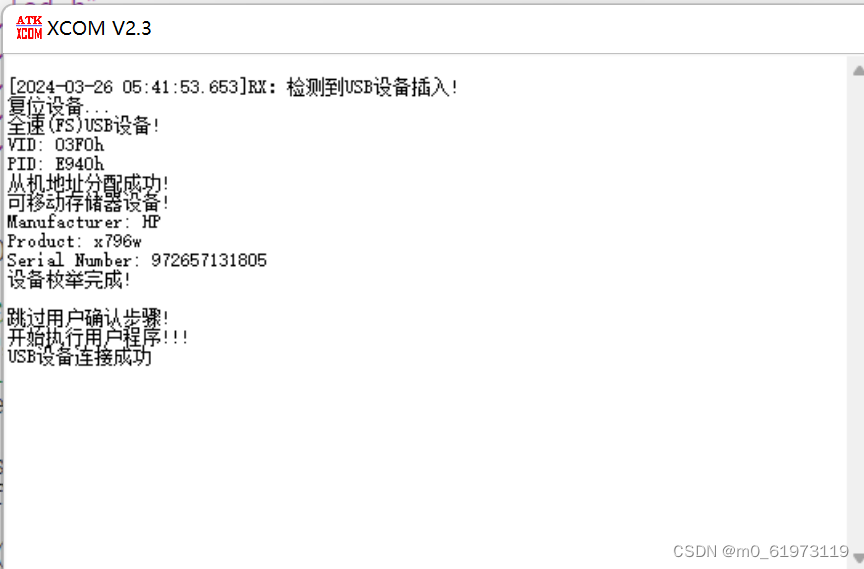
完整工程代码
链接:https://pan.baidu.com/s/1-zBpkGQRTFZnnn-ZNXB3dg
提取码:生日
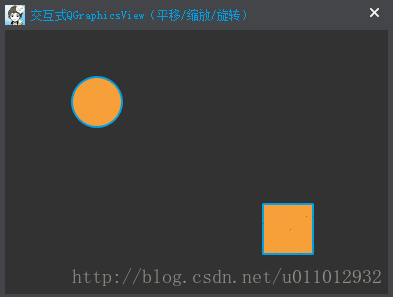

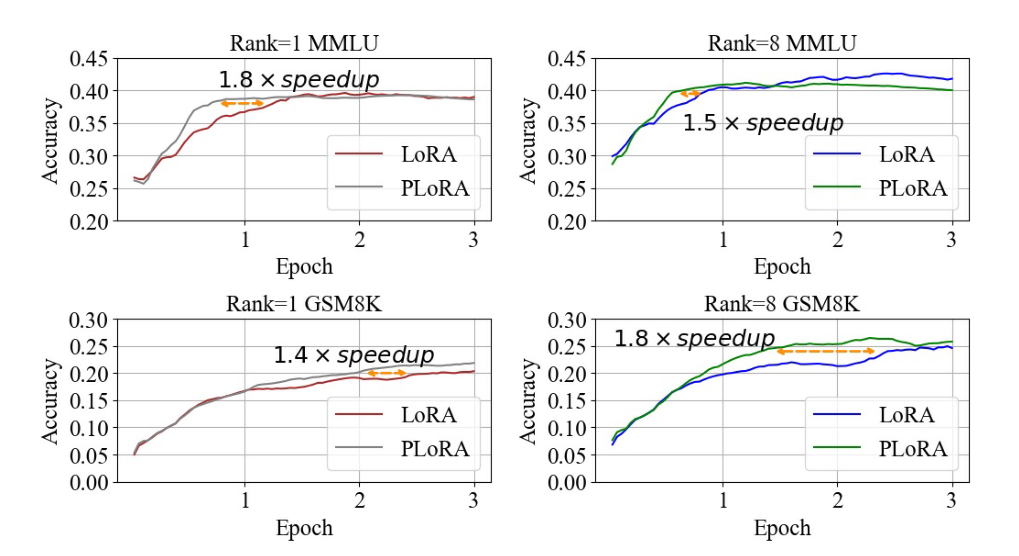
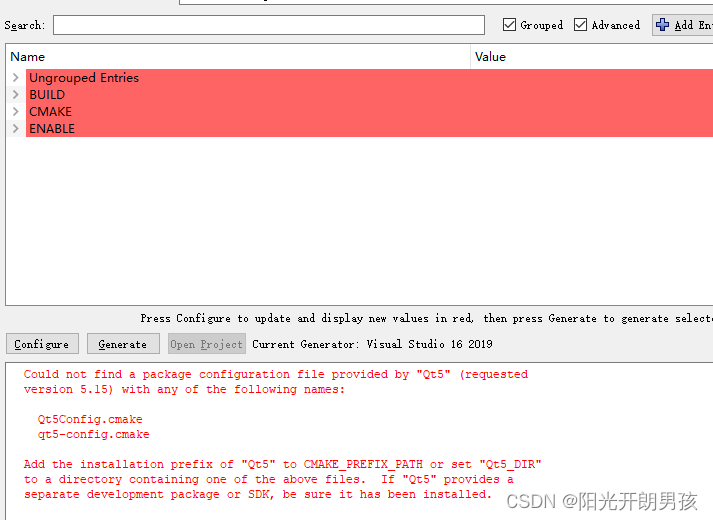


![[Qt学习笔记]Qt实现自定义控件SwitchButton开关按钮](https://img-blog.csdnimg.cn/direct/d19e813ce8d64486a793ff429d1e8210.png#pic_center)
